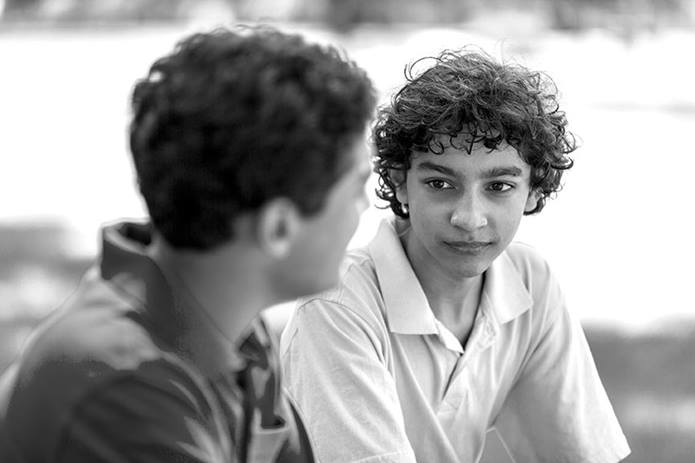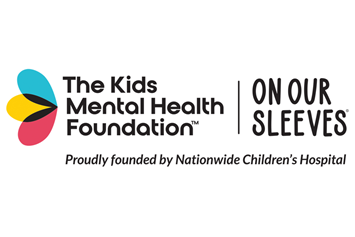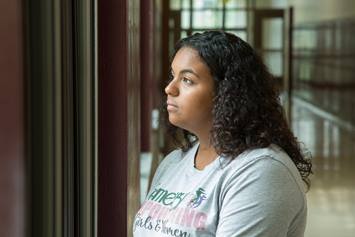Suicide Prevention Resources
It can be difficult to know the best way to support a child experiencing suicidal thoughts or behaviors. On this page, you will find resources for families and professionals that can help.
Immediate Crisis Resources
Call 9-1-1 or your local emergency number immediately if your child has made a suicide attempt or is showing warning signs of suicide, or take your child to the nearest emergency room.
988 Suicide & Crisis Lifeline
The Lifeline provides 24/7, free and confidential support for people in distress. Call 988.
Franklin County Suicide Prevention Hotline
Speak with a licensed provider for support during a mental health crisis situation that is not life-threatening involving youth or adolescents 17 and under in Franklin County, Ohio, available 24/7. Youth or parents, call (614) 722-1800.
Mobile Response and Stabilization Services (MRSS)
Mobile Response and Stabilization Services (MRSS) provide immediate behavioral health services, at home or another safe location, for young people under 21 experiencing significant behavioral or emotional distress. Call the state line at 988.





